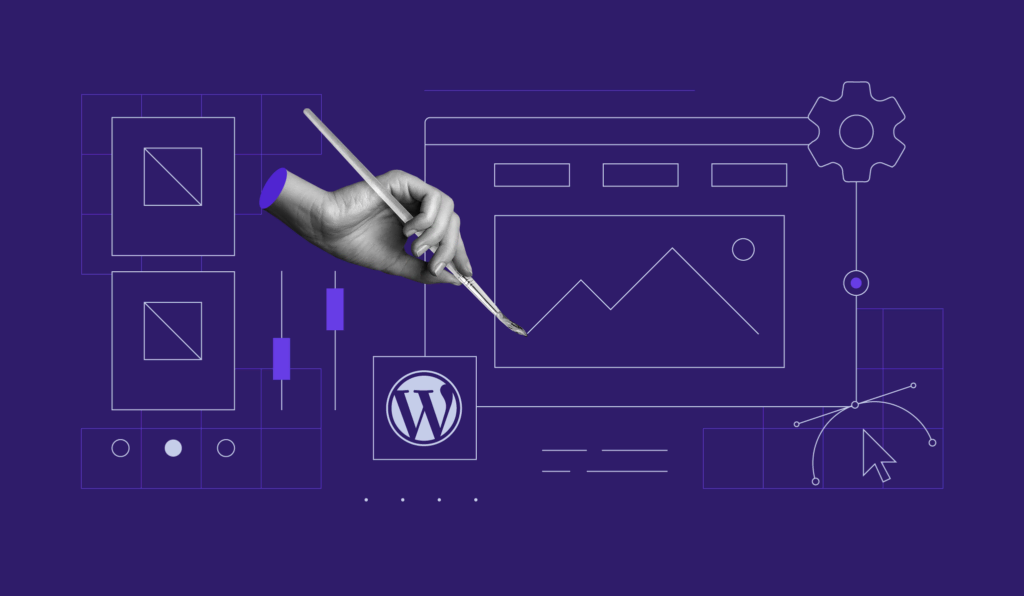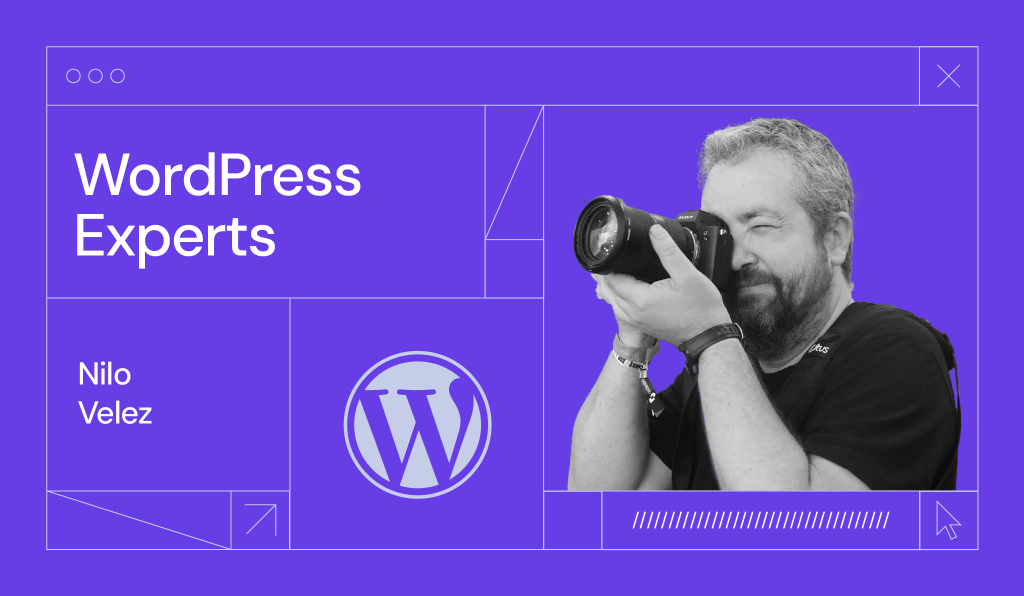State of the Word 2023: Key Highlights and Innovations
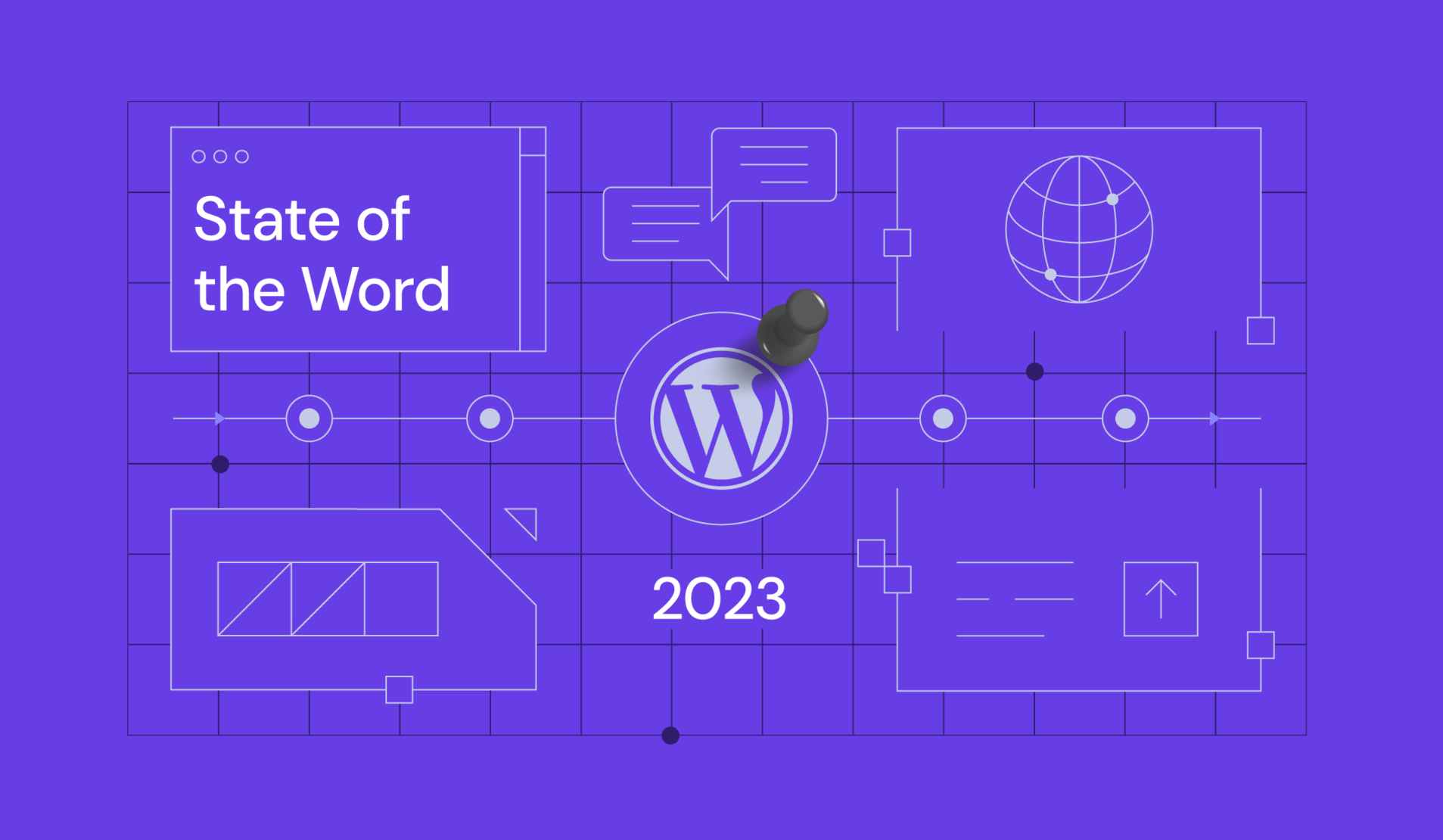
On December 11, WordPress enthusiasts from around the globe gathered in Madrid, Spain, for one of the most important events of the year – the State of the Word keynote.
It was delivered by one and only Matt Mullenweg, the esteemed co-founder of WordPress. He shared the significant WordPress achievements in 2023 and offered a sneak peek into the platform’s future.
In this article, we’ll delve into the event’s highlights and WordPress achievements over the past year. Then, we’ll try to unveil the roadmap for its evolution.
Celebrating Two Decades of WordPress
In 2023, WordPress has turned 20. That’s a huge milestone for a platform that started as a simple tool for blogging and journaling. It has evolved into a comprehensive platform capable of creating websites of any kind and serving as a robust application framework.
Now, WordPress powers over a third of all websites, a testament to its widespread impact and adaptability.
The anniversary was celebrated globally. In the keynote, Matt shared a captivating collection of photos from these international celebrations, highlighting the global reach and diverse community that WordPress has nurtured over two decades.
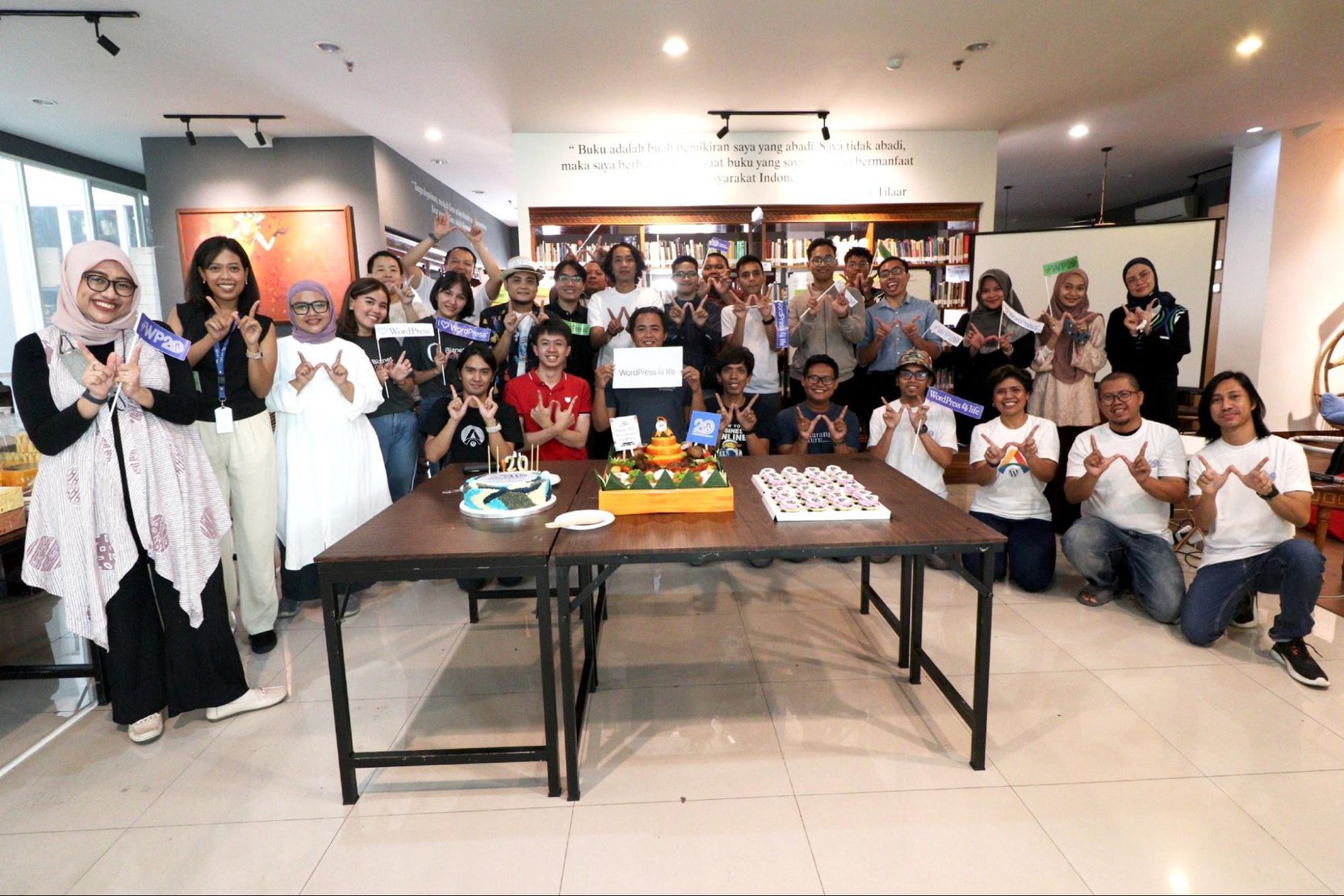
WordCamps and Meetups in 2023
2023 has been a remarkable year for the WordPress community – in-person gatherings have bloomed. There were 70 WordCamps hosted across 33 countries in 2023 – a significant leap from the 26 WordCamps of 2022.
Finally, the first flagship WordCamp in Asia was held. Looking ahead, WordCamp Asia is set to be a major event in 2024, scheduled for March 7 in Taipei, Taiwan.
Matt was very grateful to over two thousand WordCamp and Meetup organizers for making these community gatherings so vibrant and memorable.
To make these community-driven events even better, Matt encouraged global WordPress enthusiasts to participate in the 2023 Meetup Survey. Your insights and feedback can shape the future of WordPress Meetups.
WordPress.org: New Look and New Pages
Recently, we have seen a significant redesign of the WordPress.org website, enhancing its functionality and aesthetic appeal. Besides the new look, a few new pages were added:
- WordPress Events – a central hub for upcoming WordPress events worldwide. Now, users can locate and join community events near them more easily and quickly.
- WordPress Showcase – an exhibition of notable WordPress websites. These include Taylor Swift’s website, which, according to Matt, manages 100,000 requests per second at peak times. There’s also the White House website, showcasing WordPress security and reliability.
- WordPress Remembers – a dedicated space to honor community members who have passed away.
Openverse: A Milestone in Open-Source Media
Building on last year’s State of the Word, Matt Mullenweg revisited the topic of Openverse – a search engine dedicated to exploring the web for media under Creative Commons licenses.
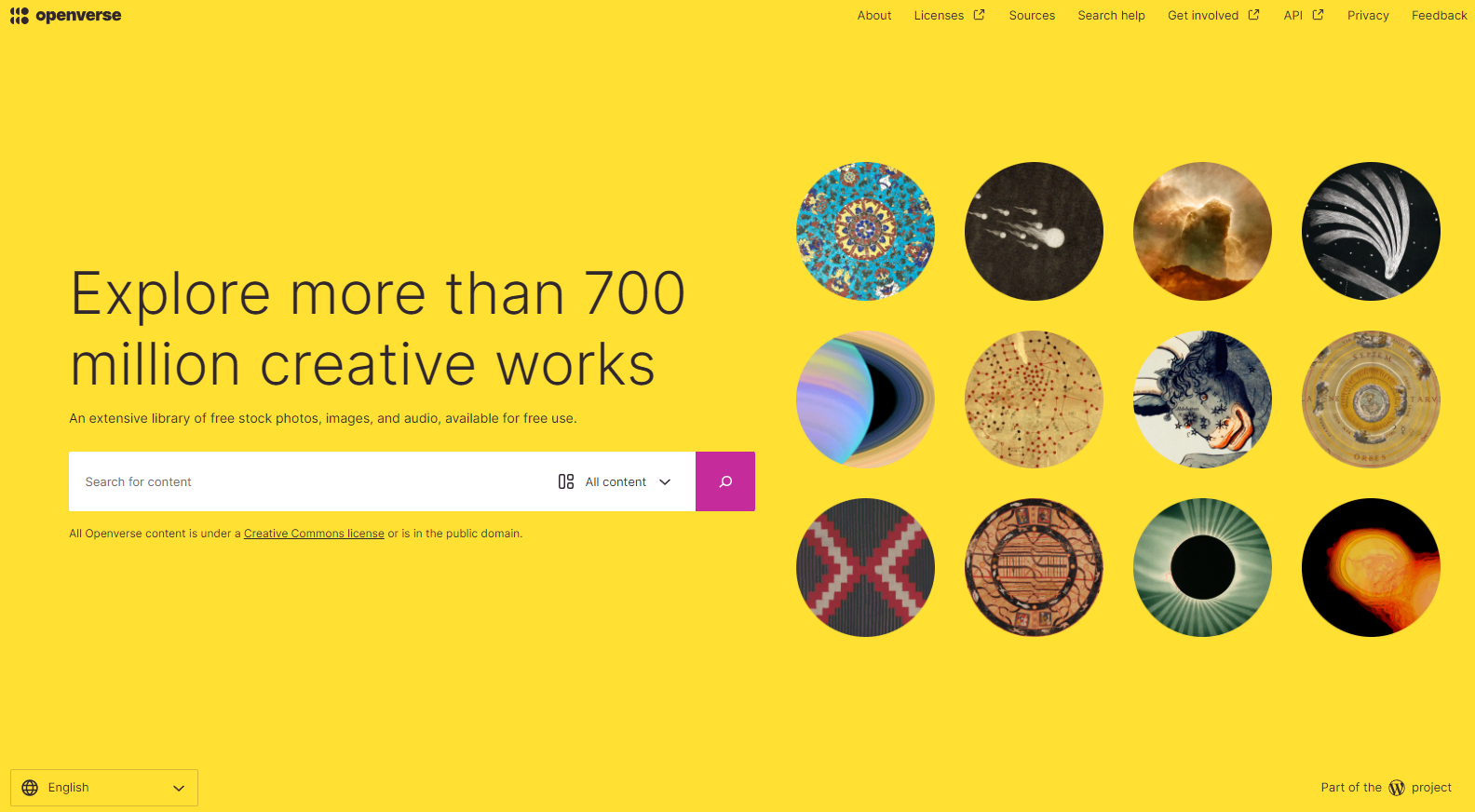
Openverse received the Open Education Award for Excellence in Open Infrastructure, a testament to its impact and innovation in an open-source technology field. Matt congratulated the Openverse team for this outstanding achievement.
WordPress continues to expand its collection of openly available content. The WordPress Photo Directory, a resource for free stock photos, has expanded significantly to help users create more engaging posts.
WordPress Playground
Matt Mullenweg also discussed the WordPress Playground. This innovative, cutting-edge, browser-based sandbox operates on WebAssembly, seamlessly integrating PHP and database functionality. It has emerged as an invaluable tool for developers, providing a swift and efficient environment for testing and experimentation.
In just the past six months, WordPress Playground has seen remarkable usage, with nearly 57,000 individuals leveraging its capabilities. To illustrate its potential, Matt showcased a compelling demo of Playground, expertly crafted by Adam Zelinski, which highlighted the platform’s versatility and ease of use.
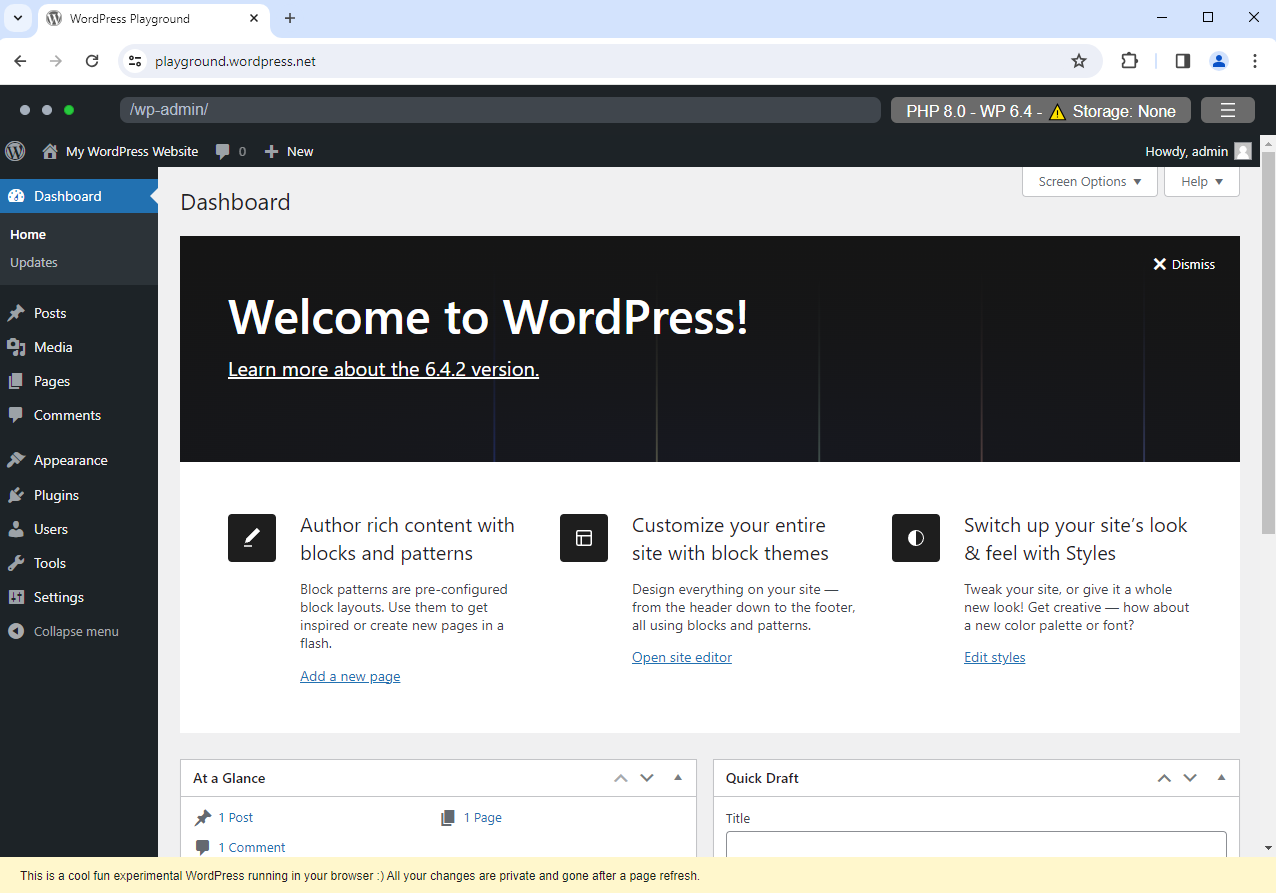
Twenty Twenty-Four: A New Era in WordPress Themes
The year 2023 marked the finalization of Gutenberg Phase 2, which was centered around customization.
The release of Twenty Twenty-Four, the newest default theme, represents a significant shift from traditional WordPress themes, moving from the usual focus on blogging to a broader range of purposes.
Twenty Twenty-Four, introduced with the WordPress 6.4 update, boasts 35 unique block patterns thoughtfully designed to cater to artists, entrepreneurs, and writers alike. Matt Mullenweg highlighted the theme’s early success, sharing positive reviews that hailed Twenty Twenty-Four as a game-changer and potentially the best default theme WordPress has ever offered.
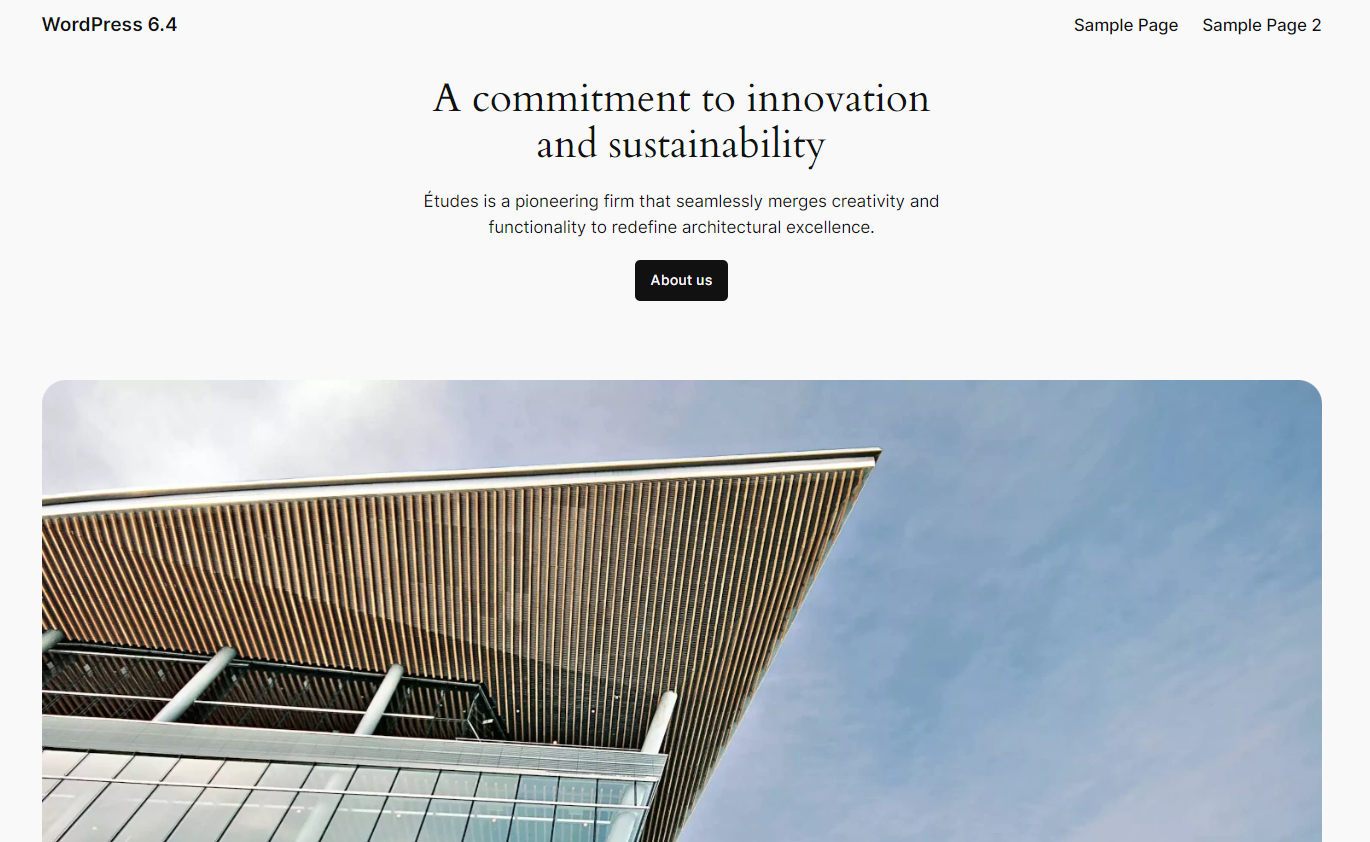
Progress and Future of the Gutenberg Project
Matt Mullenweg revisited the ambitious roadmap of the Gutenberg Project, underlining its four pivotal phases:
- Editing
- Customization
- Collaboration
- Multilingual
The year 2023 marked a significant milestone with the completion of Phase 2, focused on customization. Moving forward, 2024 is set to embark on Phase 3.
Enhancing Writing and Design With Gutenberg
Matias emphasized that Gutenberg is ambitiously designed to excel in two key areas – as a writing environment and as a design tool. While the writing component was primarily addressed in Phase 1, the project continuously evolves to simplify and enhance the user experience.
Recent updates have introduced user-friendly features like the footnote block and a distraction-free mode, each aimed at refining the writing process. These additions showcase Gutenberg’s commitment to providing a seamless and intuitive environment for content creation.
Pioneering Real-Time Collaboration With Gutenberg
A major focus in Gutenberg’s development is enhancing online collaboration capabilities. While a definitive timeline for its full implementation is still in the works, Matias presented a prototype during the keynote. With this feature, multiple users can work in the same editor simultaneously, with changes visible to all collaborators instantly.
For those eager to explore this functionality, it’s available via the Gutenberg plugin. By enabling the Live Collaboration experimental feature, users can test real-time collaboration. However, as the feature is still in its development stage, user input is invaluable for its ongoing refinement.
Patterns Evolvement
Reflecting on the progress in 2023, Matias highlighted the evolving role of patterns in the Site Editor, particularly in response to user feedback.
A common sentiment was, “Blocks are great, but sometimes they are a bit too granular.” To address this, patterns have been introduced as larger design units, offering an ideal solution for freelancers, agencies, and enterprise customers who seek more substantial design elements.
In 2024, patterns will remain a central focus in Phase 3 of Gutenberg’s development. A noteworthy upcoming feature is the Zoom Out mode, which will allow users to view and edit their site’s structure at a higher level, enhancing their ability to manage the block hierarchy.
Matias also outlined three key advancements planned for patterns and their benefits to the users:
- Semantic category swapping – interchange patterns within specific categories, like hero sections. This allows dynamic customization of website components.
- Integration of theme.json with patterns – apply style variations to individual patterns. It’s a boon for developers and agencies, offering end-users customization options within predetermined boundaries.
- Hybrid pattern customization – modify the text or content of a pattern across multiple pages, while still maintaining the ability to update the pattern’s global design. This approach offers enhanced flexibility in content management and ensures design consistency.
Performance Improvements
A key area of Gutenberg enhancement is its performance, mainly the editor experience for content creators and the user experience for website visitors.
Matias presented a comprehensive dashboard highlighting the efficiency of basic editor operations and their progressive improvement over time. A notable achievement he shared is the recent doubling of the editor’s speed, with an ambitious target to triple the typing speed in the upcoming WordPress 6.5 update.
On the front end, significant strides are being made with the development of the Interactivity API. This innovation aims to render transitions on block-based themes and websites immediately, elevating the user experience. Matias showcased a live demonstration of this feature’s potential.
If you want to explore it further, visit WP Movies to experience these improvements firsthand.
Innovating the WordPress Admin Design
Matias unveiled the new admin design for WordPress. It draws inspiration from the Site Editor, particularly its list view. This approach will be applied to the WordPress admin interface, allowing for a more cohesive and intuitive display of elements like pages, posts, and media, all in a list format similar to the Site Editor’s design.
The new admin area will also be highly extensible. It’s crafted to adapt seamlessly to various specific needs, making it a versatile tool for all types of WordPress users.
Be sure to leave your feedback on the new admin design. Whether through the GitHub repository or social media channels, your insights and suggestions can help improve the WordPress admin interface.
Embracing AI in 2023 and Beyond
Matt Mullenweg highlighted 2023 as a year of AI, marked by the advancements in generative AI technologies like GPT-4, Gemini, and MidJourney. WordPress is actively embracing this AI technology through experiments with the Playground.
The experiment adds the ability to use natural language to interact with Playground blueprints. Matt showcased a compelling demo where a simple prompt led Playground to seamlessly configure an entire eCommerce site, complete with plugins and content.
Matt emphasized that generative AI can make complex tasks accessible to all, regardless of their technical expertise. He even envisioned a future where AI not only performs tasks but also educates users, enhancing their knowledge and skills.
In light of these developments, Matt’s advice was clear – delve deep into understanding AI and leverage its potential to educate and innovate.
WordPress in 2024
Looking ahead to 2024, WordPress has started an ambitious initiative alongside Gutenberg’s Phase 3 – Data Liberation. This project aims to revolutionize how data is migrated within the WordPress ecosystem and beyond, addressing the complexities of transferring data across various platforms and WordPress sites.
The essence of Data Liberation is the development of seamless migration tools designed to minimize friction and remove the digital barriers imposed by some of the more restrictive CMS platforms. An example of such barriers is the limitation some platforms apply to exporting user data.
At the core of this initiative lies the development of a one-click migration tool with a keen focus on optimizing WordPress’s export format. Additionally, the project seeks to enhance the reliability of copy-and-paste actions, a critical aspect of data migration.
WordPress.org plans to host a variety of community plugins, tools, and workflows to facilitate easy migration, underpinning this initiative with a strong community effort. This will be complemented by dedicated Slack channels and GitHub repositories for each migration project, fostering community involvement and ensuring swift project reviews.
Concluding his vision for 2024, Matt Mullenweg announced the location for WordCamp US 2024 – Portland, Oregon. In a new initiative, WordCamp US will be held in the same city for two consecutive years, making Portland the host for both 2024 and 2025 editions.
We will be looking forward to seeing you there!
Watch State of the Word 2023 Replay
Watch this YouTube video if you want to listen to the full State of the Word 2023 keynote and see all the demos yourself.

